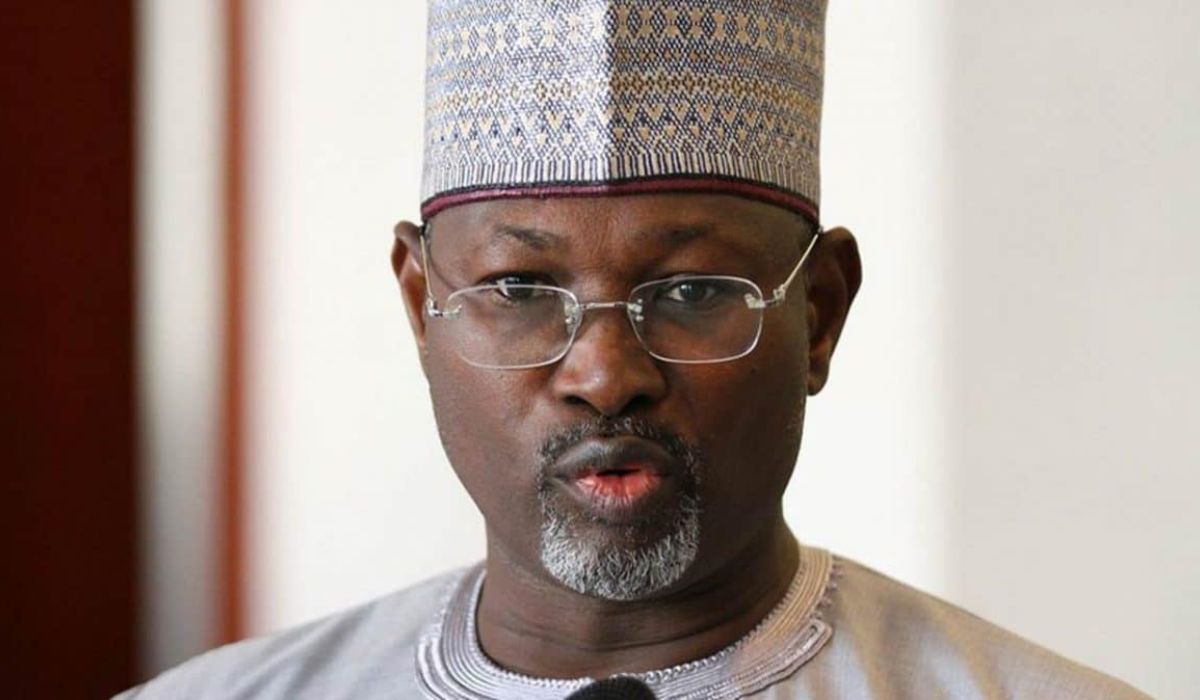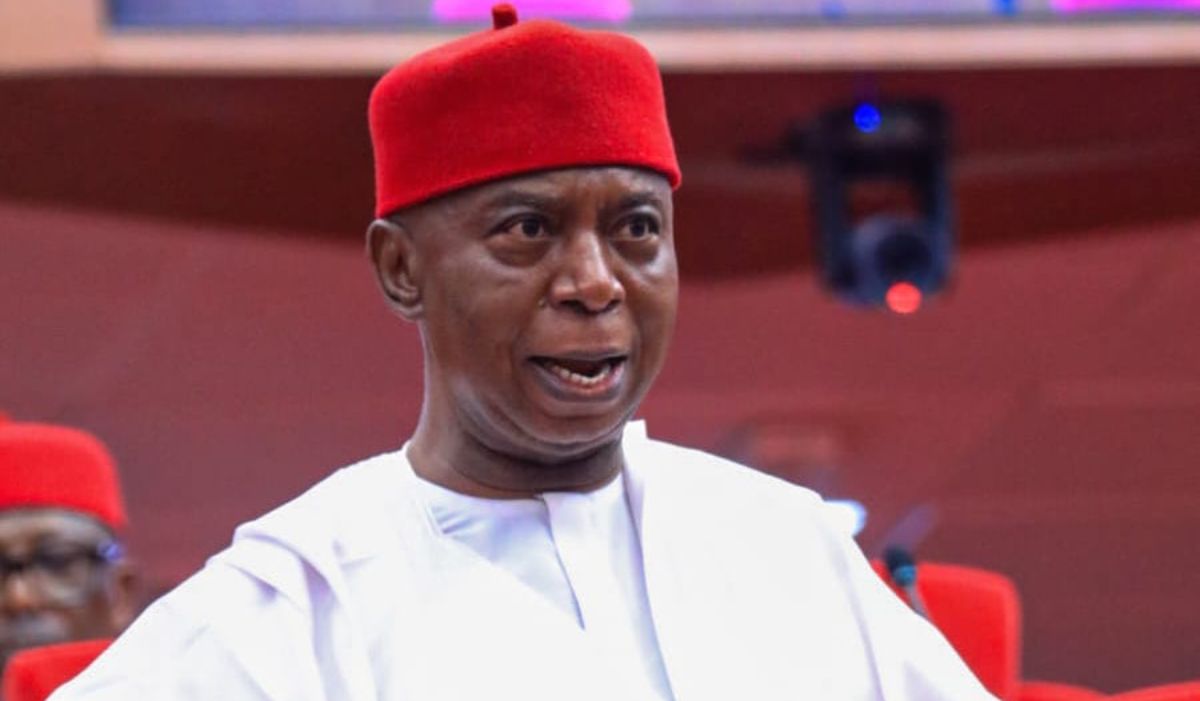Nigeria Must Take Gradual Approach to Electronic Voting, Says Ex-INEC Chairman Jega

Former Independent National Electoral Commission (INEC) Chairman, Professor Attahiru Jega, has advised Nigeria to adopt a cautious and gradual approach to implementing electronic voting systems, citing significant infrastructure challenges and security concerns.
Speaking during a panel session at the June 12 edition of The Platform Africa, monitored by News.ng on Thursday, Professor Jega emphasized the need for a realistic assessment of Nigeria’s technological readiness before embracing full electronic voting.
He highlighted Nigeria’s inadequate technological infrastructure as a primary concern, drawing comparisons with more advanced nations.
“In Estonia, they use internet voting and so on. It’s a tiny country, but of course, they are more advanced in terms of the infrastructure that supports technology,” Jega explained. “In Nigeria, we are still struggling with internet service in some areas—not to mention our rural and underserved regions.”
The former INEC chairman warned against hasty implementation, noting that even technologically advanced countries proceed cautiously. “The Indians are still not using internet voting. They are using a system similar to mechanical voting. And Indian manufacturers have better technological infrastructure,” he observed.
Jega acknowledged significant progress in Nigeria’s legal framework for electronic voting. “Between 2015 and 2019, there was no legal framework even for piloting electronic voting. The Electoral Act expressly prohibited it. It was only in 2022 that this restriction was removed,” he said.
However, he noted that infrastructure development has not kept pace with legal reforms. “Not much has happened in terms of improving the infrastructure we need. So frankly, yes, we should adopt it, but we should do so slowly. It’s not something that can happen overnight.”
Professor Jega also defended INEC’s longstanding practice of using university professors and senior lecturers in electoral processes, explaining the historical context and rationale behind the decision.
When he took office, resident electoral commissioners were announcing national election results at the state level, while electoral officers handled local government results. “These are the same people who, before an election, would handle deployment, distribution, and retrieval of materials,” Jega explained. “This created clear conflicts of interest and turned the process into a money-making venture.”
To address these integrity issues, Jega sought alternative personnel. “I approached the Academic Staff Union of Universities (ASUU), but they refused, saying elections would compromise their integrity,” he recalled.
Leveraging his previous role as co-chairman of the Committee of Vice-Chancellors, Jega collaborated with university leaders to recruit academic staff using transparent selection criteria.
Addressing media reports of corruption among university staff used in elections, Jega emphasized the statistical reality: “In each election, we use thousands of university professors and senior lecturers. In some cases, even lecturers. The number of people who commit offences is statistically insignificant. But the media focuses on the few bad apples, creating a perception that the entire system is flawed.”
He compared this with the use of youth corps members in elections. “Even among the corps members we use, we lost over a million in the last election. How many were prosecuted? Maybe ten.”
Jega praised the integrity of university staff in the electoral process. “A vice-chancellor who has served 35 years in academia and is nearing retirement is unlikely to jeopardize his or her integrity for political gain,” he stated.
He acknowledged that politicians often try to use inducements but stressed the rarity of proven corruption among academics. “Only about two professors—vice-chancellors included—have been prosecuted for electoral offences. That number is statistically insignificant.”
Regarding the implementation of electronic voting, Jega recommended starting with pilot programs in controlled environments. “Now that the legal restriction has been lifted, INEC should begin by evaluating available technologies, determining which are adaptable, and initiating pilot tests.”
He proposed starting with limited trials. “For instance, in cities like Abuja or during professional association elections, electronic voting systems could be deployed to begin pilot testing.”
However, he cautioned against assuming that existing mobile technology infrastructure is suitable for elections. “Don’t assume that because individuals use mobile platforms like OK for personal transactions, they can also be used for elections. The cybersecurity requirements are far more stringent,” Jega warned.
“Mobile technology used for financial transactions cannot simply be repurposed for elections. In Nigeria, it’s not viable,” he concluded.
Professor Jega’s remarks underscore the complex balance between technological advancement and electoral integrity in Nigeria’s democratic process.



